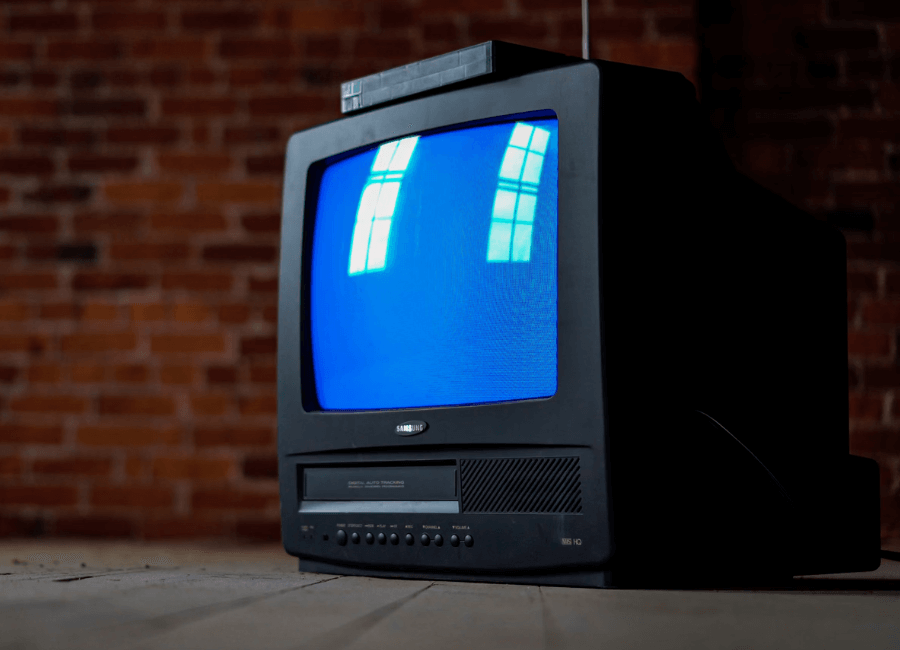A long time ago, I used to write summaries of the research, marketing and business conferences I attended – and publish them here, on the FlexMR blog. Not only did they help me to condense and clarify my own thinking but many others found them valuable too. Then the pandemic hit. And, like everything else, that changed.
I wasn’t attending conferences in-person anymore. I was watching them online, as we all collectively stumbled through a transition into a new era. But times changed again. Now conferences are back, inclusive of physical and digital audiences – and better for it. INBOUND is not the first event I’ve attended this year. But it is the one that has left me the most energised, and interested in bringing back those summaries of yesteryear.
For the uninitiated, INBOUND is the annual marketing and sales event hosted by HubSpot. This year, an estimated 10,000+ marketers from across the globe registered to attend. I was one of them. Over the course of the three-day conference, four themes began to emerge for me. Between the practical deep-dives, casual expo hall conversations and center stage keynotes – these were what was on everybody’s minds.
Community Means Connection
It was clear from early on that community was going to be a huge theme for the days that followed. HubSpot CEO Yamini Rangan and CTO Dharmesh Shah made that apparent with product and updates that highlight the power of connection. But it really came together for me in the fireside chat with Brian Halligan – who said that communities are where decisions are made, and predicted that it would be the next big marketing movement.
From there on, I saw community and connection everywhere. It was in Allyson Hugley’s advice for winning mindshare. It was in the panel discussion about how to grow a branded podcast. It was in Marcus Sheridan’s take on the seller free economy. It was the foundation of HubSpot’s partnership with Howard University.
| Tweet This | |
| Community is the great equalizer. For millenia it has served as the basis for human connection. What could be a more powerful way to grow a brand and a movement? |
And it was outside the convention centre too. As I wandered the streets of Boston back to my cozy Summerville Airbnb, I saw community in the simple interactions between people. Strangers stopping to chat on the sidewalk. Conversations struck up waiting for the crosswalk lights. It was the feeling of safety – to share something, whether that’s a moment or mission.
As both a marketer and insights industry veteran, I can see the future Brian envisages. It’s one where the walls of B2B and B2C aren’t so strong – because the nuts and bolts of revenue growth aren’t based in channel differences. It’s about creating a space for people to connect. A place where they feel empowered; sharing the value they have to offer. It’s a complicated world in which the distinctions between marketplaces, learning exchanges and products are blurred. And, most importantly of all, it’s based on the simple human desire for belonging. It’s a lofty vision – but one that is bringing success to the brands that embrace it. That tells you all you need to know.
Increment and Inflection
On the business front, the conference was packed with inspiring stories, challenging questions and practical advice. Speakers touched on everything from SEO to hiring, writing effective email copy to team leadership, ABM tactics to building an effective CRM. For a while it almost felt too complex to absorb. After all, in such a complex field – how can you prioritise what will have the most impact on your day to day?
Slowly, it dawned on me. After listening to stories from entrepreneurs, scale-up and enterprise leaders alike, an important commonality emerged. There are two speeds of change that you must manage as your business grows:
- The slow, steady and often predictable changes you can make in an iterative fashion. It might be adding a new communications channel, tweaking product messaging based on customer feedback, a new feature release. They are the building blocks that we’re constantly striving towards; making us feel good about our progress and optimising our businesses.
- An inflection is something big, something scary. Something that fundamentally changes the core of your company. It could be an external factor; the COVID pandemic was certainly an inflection point for many. But, it could be internal too – like a change to your pricing model, taking on growth capital, or acquiring another business. There’s always a risk involved; it’s how you manage that risk that defines your success.
Master the ebb and flow of these changes and you’re onto a winning formula. As many affirmed throughout the conference; success is rarely a hockey stick. Sometimes inflections hurt. Sometimes your incremental improvement plateaus. If you can identify, address and power through those challenges, that’s where you’ll find a better future.
Data Doesn’t Do the Job Alone
Working in the consumer research and insights industry, you’ll soon learn an important business lesson. Data doesn’t do anything. Businesses sit on huge volumes of data. It’s messy, confusing, complex – and often contradictory. Data doesn’t inform decisions. It just exists. To transform those raw inputs into insight is when the magic happens.
Again, this theme was set early on when Yamini Rangan introduced a surprising statistic. When asked what the biggest pain point in their business was, most marketers responded ‘disconnected data and systems’. When you think about it, it makes a lot of sense. The longer we spend fixing data and piecing together systems – the less we spend talking to customers and understanding their problems.
Across all three days, the challenge of turning data into insight into action cropped up multiple times. We heard how simple customer connects provide an agile blueprint for moving faster than your competitors, how to focus in on sales data to supercharge team success and how to create integrated pipelines that flow the right data, to the right decision makers at the right time. Music to my ears.
Social Good is Good for Business
Perhaps my favourite theme of the event was the undercurrent of social good. Whether that’s Dr Jane Goodall’s vision for a future based on mutual respect between humans and nature, or the interactive workshop on the importance creating inclusive workplaces where people belong. All of these sessions highlighted that moving the conversation forward, showing up with different ideas and choosing to be the best version of yourself – one that is obsessive over the things you care about – isn’t just our collective responsibility, it makes commercial sense too.
| Tweet This | |
| In business, every idea has to prove its commercial worth. Social good has done that, time and time again - so now is the time it gets the attention it deserves. |
One of the most powerful metaphors came from Viola Davis’ keynote day two keynote. She spoke passionately about life as a relay race. In that race you aren’t passing batons from person to person, you’re passing them from your current self to your next self. Who you were yesterday, and the world you found yourself in, may not be the same as tomorrow. You will live multiple lives – and it’s up to you to make each one stronger than the last.
Bonus: The Connective Tissue of Hope
By the midpoint of the conference, I had an inkling that something greater than the theme of connection was – well – connecting the sessions together. When Barack Obama took the stage to close INBOUND, my suspicion was confirmed. In a wide-ranging talk that wove touched on the US Constitution, the nature of democracy, global warming, diversity, social change, human nature and leadership; the former president frequently returned to the idea of hope.
That is my takeaway from INBOUND 2022. Whether it’s the hope that we can build more successful businesses, more sustainable societies, more representative communities or equal systems – what ties us together is (in the words of Dr Jane Goodall) the indomitable human spirit. One which yearns, fights and hopes for a better future. Whatever that means to you.


















